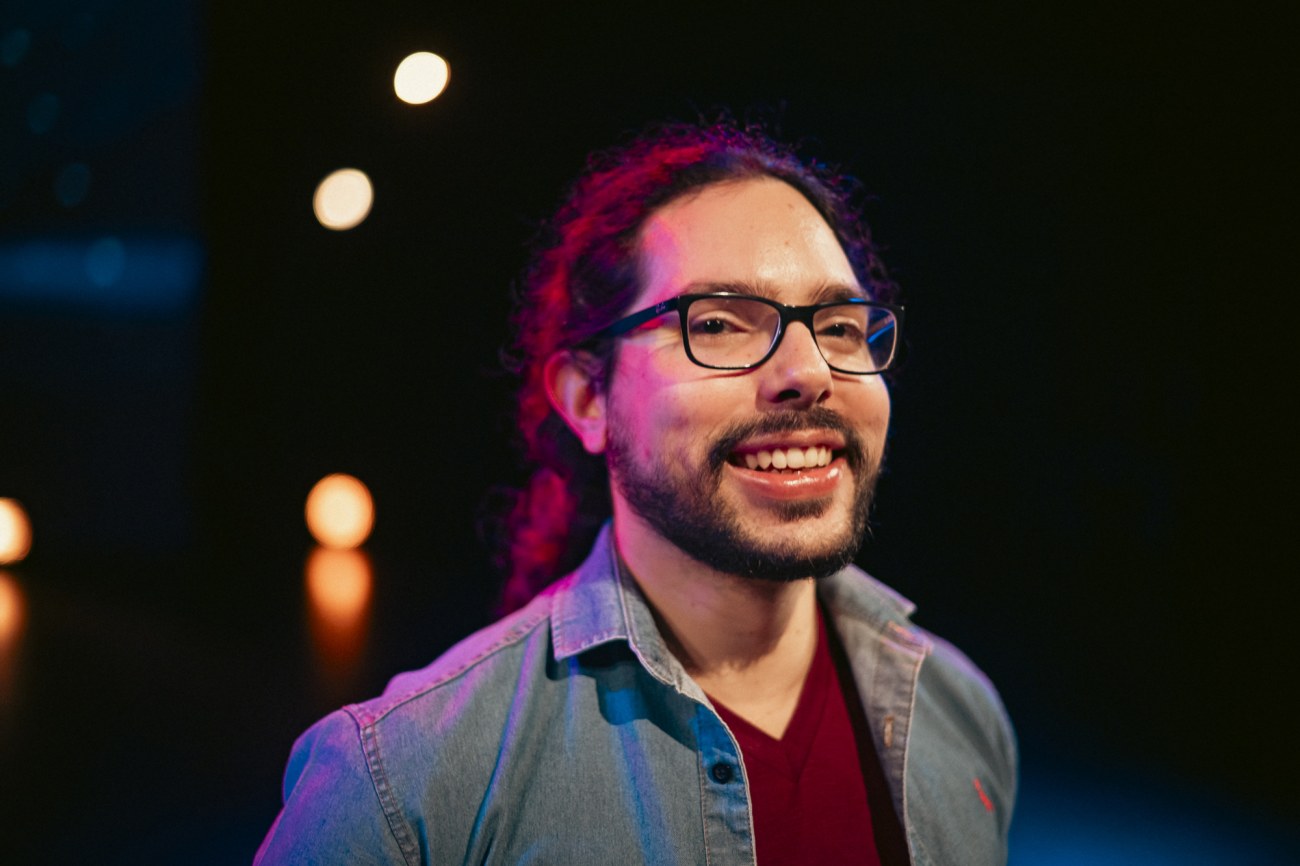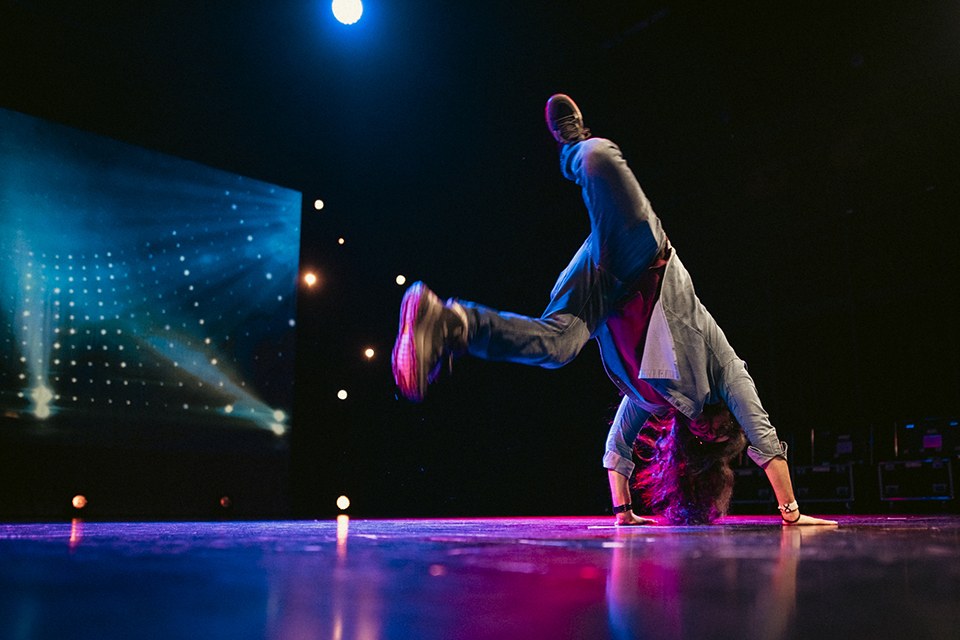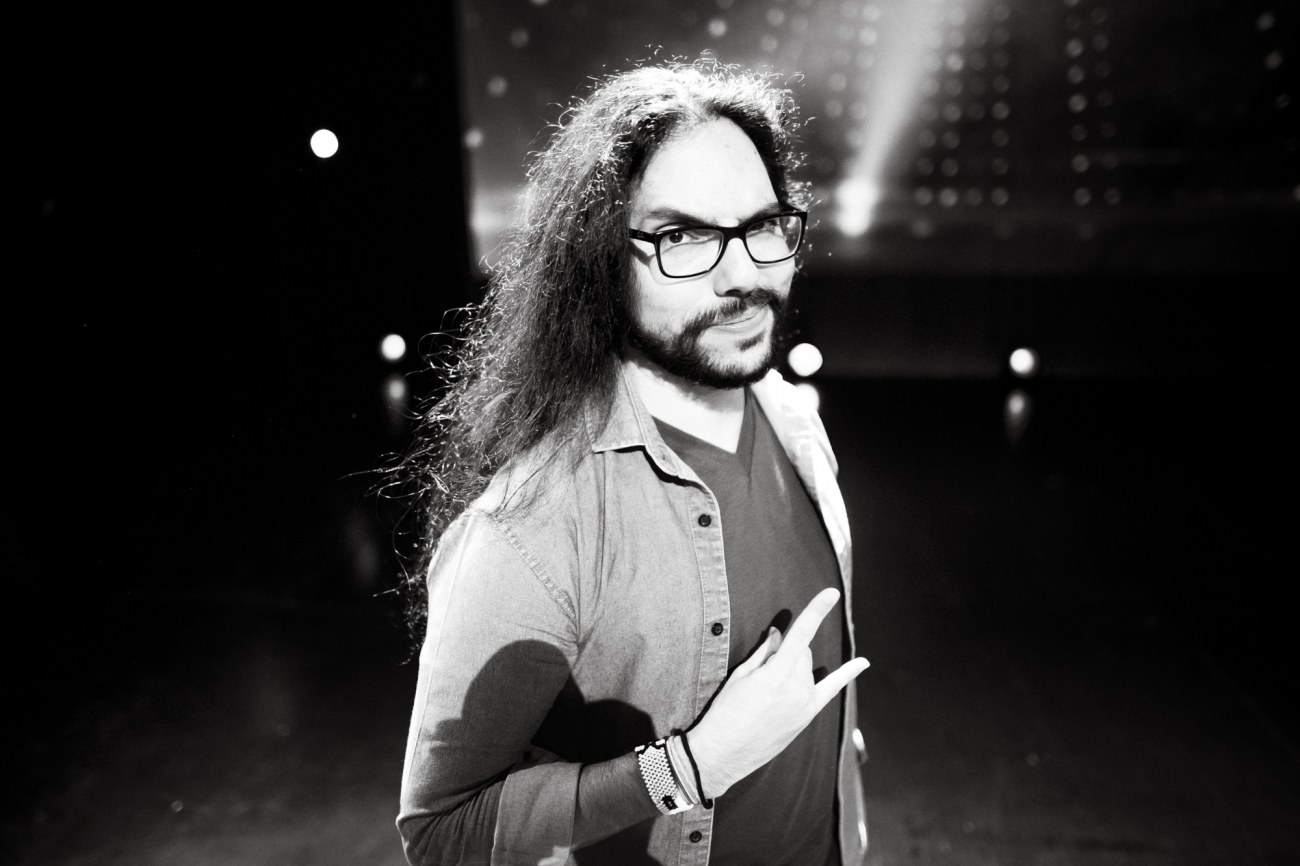Doctoral researcher José Antonio Siqueira de Cerqueira, 32, is committed to ensuring that AI technologies serve humanity ethically and responsibly. With a bachelor’s degree in computer science and a master’s degree focused on AI ethics, Siqueira de Cerqueira is now a key part of the multidisciplinary CONVERGENCE project, which explores the symbiotic relationship between humans and machines.
“I have been called the most humanities guy in Computer Science. When people are trying to guess my field of study, they usually aim for history or social sciences,” Siqueira de Cerqueira laughs. “I’ve always been interested in social and humanities topics. I remember taking courses in linguistics, philosophy, social sciences, psychology, and history, while interspersing them with mathematics and computer science courses.”
 Photo: Antti Yrjönen
Photo: Antti YrjönenSiqueira de Cerqueira’s interest in the intersection of technology and social sciences began early in his academic career. A pivotal moment came during an exchange program in Barcelona, where he took a course on free software and its impact on social development. “That course changed how I approach computer-related development and software design,” he recalls.
Now, Siqueira de Cerqueira’s research focuses on the reliability of large language models (LLMs), such as those used in chatbots. “AI is a hot topic right now, but it comes with unintended or harmful consequences. It can reinforce biases, or the responses might contain inaccuracies,” Siqueira de Cerqueira explains. “My goal is to ensure that these systems do not generate harmful content and operate according to human instructions, which would make their functioning more reliable.”
The CONVERGENCE project provided the perfect platform for Siqueira de Cerqueira to continue his work. “I wasn’t satisfied working as a software developer in the Brazilian public sector. I missed the thrill and creativity of scientific research,” he says. The opportunity to work under the guidance of Professor Pekka Abrahamsson, a leading figure in the field, was a significant reason for joining the project. He also highlights the importance of multidisciplinary collaboration in achieving this goal. “Interaction with colleagues from fields like media studies, art, and design provides valuable insights,” he notes.
Siqueira de Cerqueira describes a typical day as combining physical exercise and intensive reading. “Some of my best ideas come while jogging or showering, so I have to rush back to make notes.”
 Photo: Antti Yrjönen
Photo: Antti YrjönenThe COVID-19 pandemic marked a turning point in Siqueira de Cerqueira’s academic career. “During the lockdown, I had nothing to do but write my master’s thesis. It was then that I realized the importance of strict laws and regulations to ensure AI’s ethical use,” he says.
Siqueira de Cerqueira’s work aims to reduce harms and ensure that AI systems adhere to ethical principles. “I believe my work can be a positive force in this world of inequalities, showing how even the most advanced technology, which relies on vast amounts of data, can be a risk to society. Generative AI is here to stay, and large language models are dominating the discussion,” he explains.
Siqueira de Cerqueira believes that human-machine interaction will become more seamless in the future. “Technology should support human needs in a healthy way, bringing people together rather than dividing them,” he emphasizes. “Human beings are becoming more dependent on machines for even the smallest daily tasks. We have always relied on technologies, like books, to help us manage information. However, over-dependence is concerning because it can lead to a decline in critical thinking if machines do all the cognitive work for us,” he explains.
The future of human-machine interaction will be challenging if we don’t set boundaries on the indiscriminate use of technologies. These boundaries could be as simple as educating people about the misuse of technology or developing methods to use AI systems more responsibly. While we can’t stop technological advancement, we can ensure that these systems are developed and used ethically.
José Antonio Siqueira de Cerqueira
Moving to Finland was a dream come true for Siqueira de Cerqueira, a fan of heavy metal music. “I’ve been listening to Finnish metal bands like Stratovarius and Sonata Arctica since I was 12,” he says. “I’ve attended numerous concerts in Brazil and even visited Penedo in the state of Rio de Janeiro, which has the only Finnish colony in Brazil! There, I danced traditional Finnish dances with my family.” The cold climate and limited sunlight in Finland were initially challenging, but José adapted quickly. “I got a light therapy lamp and a sunrise alarm clock, which helped a lot,” he laughs.
 Photo: Antti Yrjönen
Photo: Antti YrjönenText and photos by Antti Yrjönen
Stage and lights by Carlos Portilla Lopez
Venue Teatterimonttu, Tampere University, City Centre Campus
 Photo: Antti Yrjönen
Photo: Antti YrjönenEach CONVERGENCE doctoral researcher has two main supervisors Siqueira de Cerqueira´s supervisors are Pekka Abrahamsson and Juho Hamari. Additional supervisor Nannan Xi (Faculty of Management and Business).
Original post: https://www.tuni.fi/en/news/jose-antonio-siqueira-de-cerqueira-aims-make-language-models-safer-and-more-reliable
